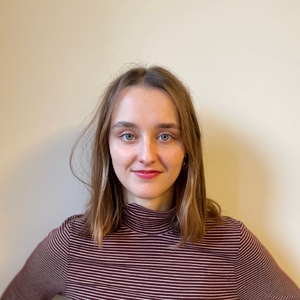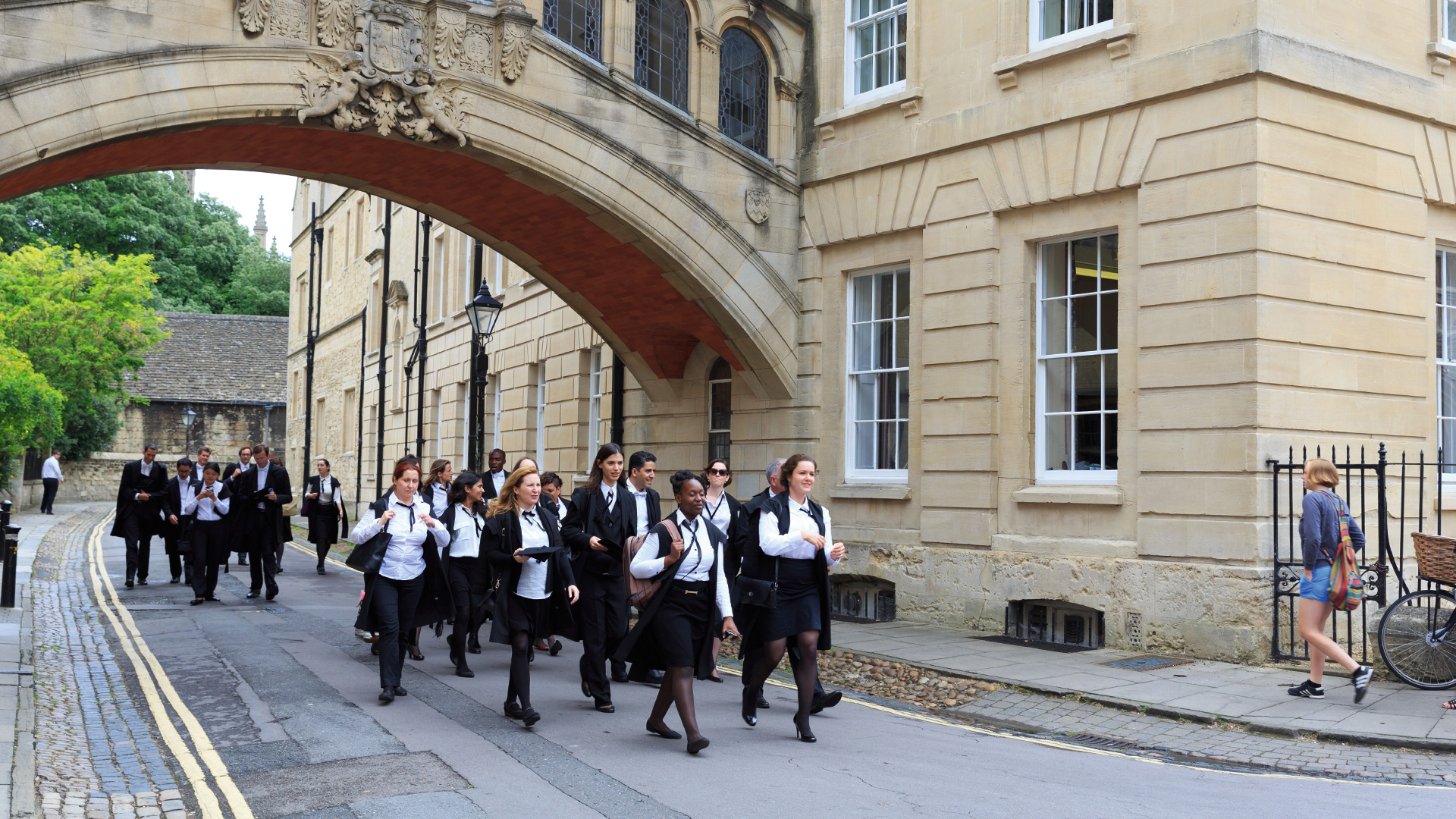You are viewing your 1 free article this month. Login to read more articles.
Beyond Open Access
Open Access research cannot be our only contribution to academic equal opportunity.
As a student at the University of Oxford, I didn’t realise how lucky I was. Every week I was presented with a reading list on a different topic, ranging from Beowulf to the postmodernists. At the time, my main thought was how to get through all that reading; it didn’t occur to me then that being able to access this literature and criticism was an amazing privilege. At Oxford, as at many UK universities, publishers’ paywalls or library budgets are rarely a barrier to study. The catalogue of Search Oxford Libraries Online (SOLO) is comprehensive: I was hardly ever aware, when studying, which journals I was reading were Open Access and which were not. Abundance was the driving principle of my university education; whatever I wanted to read, the library could easily obtain.
At the University of Namibia (UNAM), the student experience looks very different. Dr Nelson Mlambo, a lecturer in Language and Literature Studies, explained to me that on many occasions he has had to remove a prescribed text from his reading list because of difficulties students face obtaining a copy. He said that in some instances "our library can acquire two copies of a novel and I will be having a class of more than 300 students to share that novel, which is just impractical". With textbooks, which are often very expensive due to their small print runs, the situation is even worse. Dr Mlambo told me that they have "not replaced any set texts" in his time at UNAM because doing so would be too costly.
Dr Mlambo’s students rely on Open Access materials to conduct their studies. He told me that journals with a paywall are usually a "no-go area" for his students: "They can possibly only read the abstract and that is all." It goes without saying that in such circumstances, the depth of students’ learning experience is limited. The situation is especially difficult for students of Science, Technology, Engineering and Mathematics (STEM) subjects, in which research goes out of date quickly when new findings supplant older studies. Humanities students, meanwhile, relying on copies of set texts that are shared around a large group, must rush or miss out on reading the book entirely.
In the UK, we take it for granted that students need access to the full range of current publications on a given subject. This is reflected in the expectations the academic community places upon researchers: to publish in Scopus-indexed journals, including Open Access ones, academics must cite sources that are no more than 10 or often five years old. This is a huge barrier for researchers in countries such as Namibia. Even though many journals have waiver policies to remove publication charges, their submission criteria remain out of reach. Even if successful in their attempts to publish, researchers are often unable to share their papers with their students due to the barrier of technology. Dr Mlambo explained to me that students contend with patchy internet coverage to read online material on their smart phones, and that those who don’t own them ‘struggle’. They avoid bringing laptops to campus "because of security reasons – being mugged". Even Open Access journals, therefore, remain inaccessible.
The aim of the Open Access movement – to bring research to international audiences without the barrier of a paywall – cannot be realised until a better infrastructure of resources is put in place for students and researchers in developing countries
The aim of the Open Access movement – to bring research to international audiences without the barrier of a paywall – cannot be realised until a better infrastructure of resources is put in place for students and researchers in developing countries. The transformative impact of books and reading materials for young people has already been shown. The novelist Doris Lessing, who lived in Zimbabwe for 25 years, was a devoted campaigner about this issue. Many schools in Zimbabwe, as Lessing explained in her 2007 Nobel Prize address, had no books at all. Lessing exposed the tragedy of this, declaring that "writing, writers, do not come out of houses without books". On her death, she donated more than 3,000 books to the Harare City Library. With this bequest, opportunities for learning and imagination in the Harare community were transformed.
We cannot rely on the philanthropic acts of individuals such as Lessing. University libraries such as UNAM’s urgently need updating, and this requires support from publishers and wealthy universities. In 2022, Prof Elleke Boehmer from the University of Oxford led a project with students at the universities of Namibia and Cape Town; funded by the UK Research & Innovation Global Challenges Research Fund, this project, called "Storytelling as an Intervention", explored the role of books and storytelling in students’ lives. Boehmer found that stories provided a common space for students to articulate their experiences and ambitions, but that the students wanted access to more and varied books to read. Held back by inadequate provision of library resources, they shared feelings of frustration.
To improve the quality of university education at institutions such as UNAM, and thereby the prospects of its students and researchers, we need to better understand what these institutions need. Dr Mlambo hopes for more inter-library loan agreements, so that access to subscription journals can be shared. He also hopes that publishers in Europe can provide publication rights for texts that are co-published and printed in Namibia, making them more affordable for researchers and libraries with limited budgets. Beyond this, the work of charities such as Book Aid International, which sends books donated by publishers across the world, can be emulated to bring recent publications to universities. The Open Access movement can sometimes seem like "job done" with the provision of access to educational resources and academic research. We must recognise that this is not the case: it is only part of a wider package of initiatives that will be needed to bring about greater educational opportunity on a global stage.





















